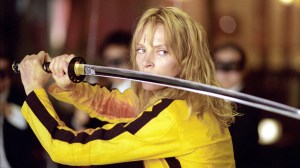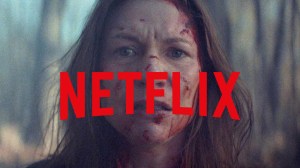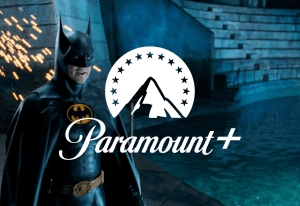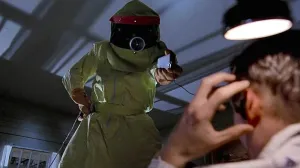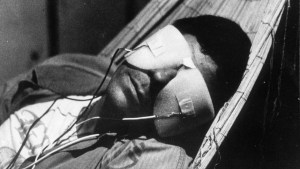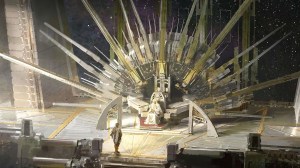Quentin Tarantino is, without a doubt, one of the most influential and recognizable directors in Hollywood. With classics like Pulp Fiction, Kill Bill, Inglourious Basterds, and Django Unchained, he built a cinematic signature that’s instantly recognizable: razor-sharp dialogue, completely iconic characters, stylized violence only he can pull off, and a unique ability to reinvent genres. He knows how to take pop culture and film references and turn them into stories that hook audiences, entertain, and still leave an emotional punch. That combination is exactly what made him one of the most celebrated filmmakers in the world. But now, Tarantino faces a dilemma no legacy could predict: how do you top Once Upon a Time in Hollywood as your final movie? Is it even possible?
Videos by ComicBook.com
That film essentially sums up everything great about the director, working perfectly as a love letter both to his career and to 1960s Hollywood. It’s got nostalgia, tension, humor, and historical revisionism – basically a greatest hits package of Tarantino trademarks. It’s a movie so quintessentially “him” that every script choice, every scene, every detail of production design reflects a filmmaker at the peak of his powers. In other words, Once Upon a Time in Hollywood is an example of why Tarantino is revered, and that’s exactly what makes the next step so tricky.
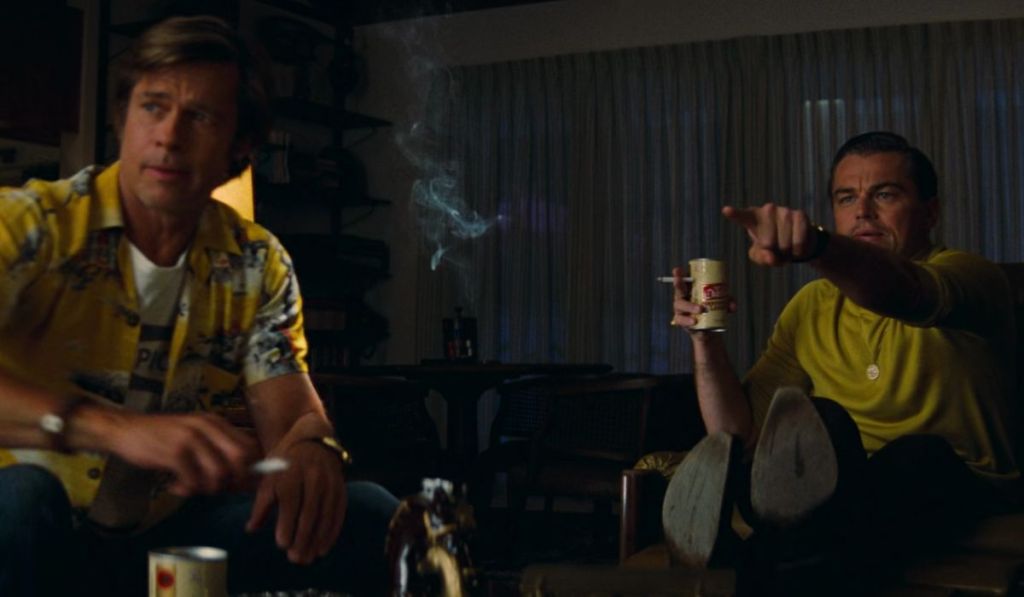
The filmmaker has said countless times that his plan was to direct ten movies and then retire. With nine under his belt, the math is simple. But here’s the catch: in many ways, he already made his ultimate masterpiece; he already delivered his perfect final statement. Once Upon a Time in Hollywood feels like the ideal closing chapter – it’s a complete showcase of his style, his influences, and his worldview (it’s even his favorite movie). Anything after that is a gamble, so the question is: where does he even go from here?
Originally, his tenth project was set to be The Movie Critic, centered on a film critic in 1970s Los Angeles with Brad Pitt attached to star. But as Tarantino developed the concept, he realized the story didn’t spark the same creative fire. Worse, it started treading too close to territory he had already perfected in Once Upon a Time in Hollywood. The L.A. setting, the nostalgia-soaked Hollywood backdrop, the deep dive into cinematic culture – he’d already nailed all of that. So he made the rare decision to scrap it entirely and even handed the idea off to David Fincher. That’s not something you’d expect from a filmmaker of his stature.
Right now, Tarantino’s challenge isn’t just creative; it’s emotional and strategic. He’s staring down a level of expectation that almost no other director has ever faced. Whatever he makes next will automatically be compared to Once Upon a Time in Hollywood, and any stumble will be magnified as a career-defining misstep. He’s not competing against Hollywood, against critics, or even against the market. He’s competing against himself; against a movie that many people already view as his masterpiece. The pressure is overwhelming, and the risk of failure is brutally high, even for someone with his talent and resources.

To make things more complicated, there’s also a personal factor. At the Sundance Film Festival, Tarantino explained that he isn’t in a rush to get his final project off the ground. Why? Because he wants his children to be old enough to remember seeing him on a film set.
“The idea of jumping on a voyage when they’re too young to understand it is not enticing to me. I kind of want to not do whatever movie I end up doing until my son is at least six. That way he’ll know what’s going on, he’ll be there, and it will be a memory for the rest of his life,” he shared (via NME). That shows careful calculation of the timing so the experience carries weight both creatively and personally. The issue, however, is that this global expectation leaves him no room to misstep.
The harsh reality Tarantino has to face is that the peak of his career may already be behind him. Once Upon a Time in Hollywood represents everything he ever wanted to achieve (it’s no surprise it even led to the spinoff The Adventures of Cliff Booth, which is already in the works). Any attempt to craft another final movie will inevitably be measured against that already iconic work, and that creates the real dilemma: how do you innovate without repeating yourself? One wrong move could tarnish an almost untouchable legacy – and that’s the risk.
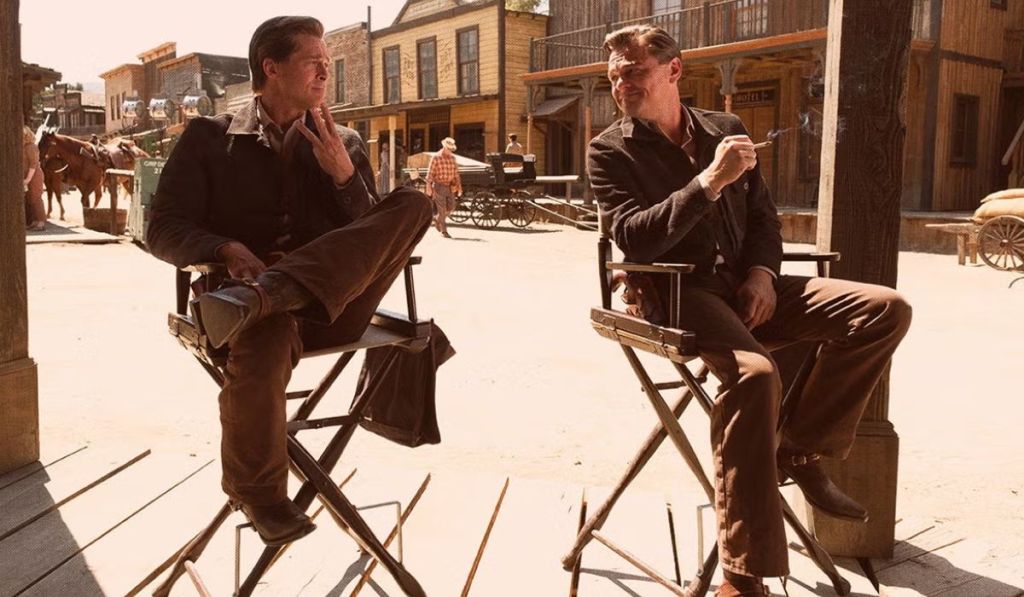
For many fans, making something smaller than Once Upon a Time in Hollywood wouldn’t actually hurt his reputation. But for others, it would feel like a disappointment. That’s why the real challenge here is psychological. Tarantino has to accept that the “perfect” movie already exists, and figure out how to close his career with something that still feels completely, unmistakably his own.
Nothing is impossible, and yes, it’s fair to call him a genius. But this time, he’s battling the mythology he created over three decades. The tenth film isn’t just another movie, but the ultimate test of whether the director who reinvented cinema can also reinvent himself. If Tarantino succeeds, his legacy becomes untouchable. If he fails, it proves that even the greatest aren’t immune to the weight of their own legend.
What’s your take? Could Tarantino actually beat his last movie? Drop your thoughts in the comments!

